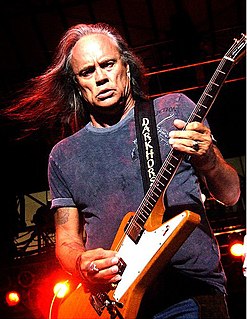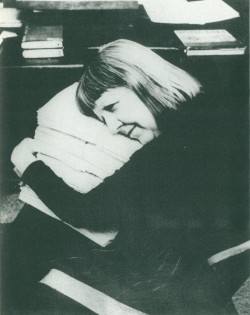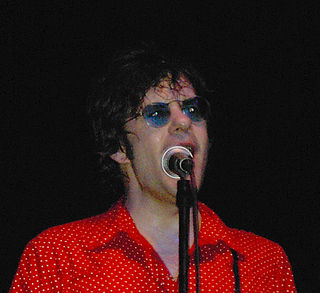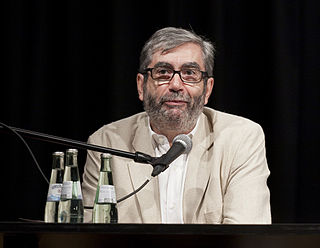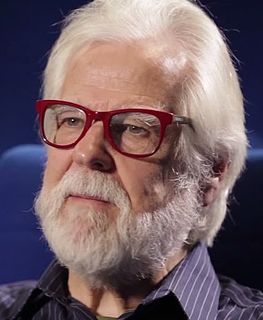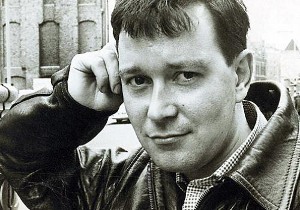A Quote by Nick Petrie
I try to write about realistic people doing realistic things. Or as close as I can get, given that I'm trying to write a suspenseful crime novel.
Related Quotes
I try to write for highest common denominator. I don't write for dumb people. I figure if everybody doesn't get it, that's OK. Someone bright enough will get it, and that's who I write for. It's probably not the way to make million-sellers. What can I say? I won't apologize for trying to write for smart people.
When I write short fiction or novellas, I like to leave a hint of the fantastic, of the unreal. If you write a completely fantastic novel with ghosts and everything, the effect is less powerful than if you portray an absolutely realistic situation and, in the middle of this, you put a layer of fantasy, of mystery.
I would like to write a novel, or at least try to write one, although my motives are not entirely pure. For one thing, I get asked about writing novels so much that I feel guilty about never having written one. And although I have no strong desire to write a novel, I would hate not to try. That would just be silly. On the other hand, I hate the idea of slogging through something that turns out to be not good.
I tend to avoid melodrama. I try to create very realistic settings and very realistic experiences and realistic responses to these experiences. Melodrama is the use of really big events that may or may not happen in real life - certainly they do, but they're not events that are common to most people. Most of the things that happen in my novels are things that could happen to people in real life.
When you're dealing with a symbol in a realistic play, it is also a realistic fact. You must expect the audience's mind to work on both levels, symbolically and realistically. But we're trained so much in pure, realistic theater that it's difficult for us to handle things on two levels at the same time.
People who complain often say things like, 'I'm not being negative, I'm just being realistic.' Really? How is it anymore 'realistic' to focus on and talk about things that discourage us and make us feel bad, than to focus on and talk about the POSITIVE aspects of life that make us feel GOOD? Both area equally REALISTIC, but which you choose to dwell on has a very different impact on the quality of YOUR life.



